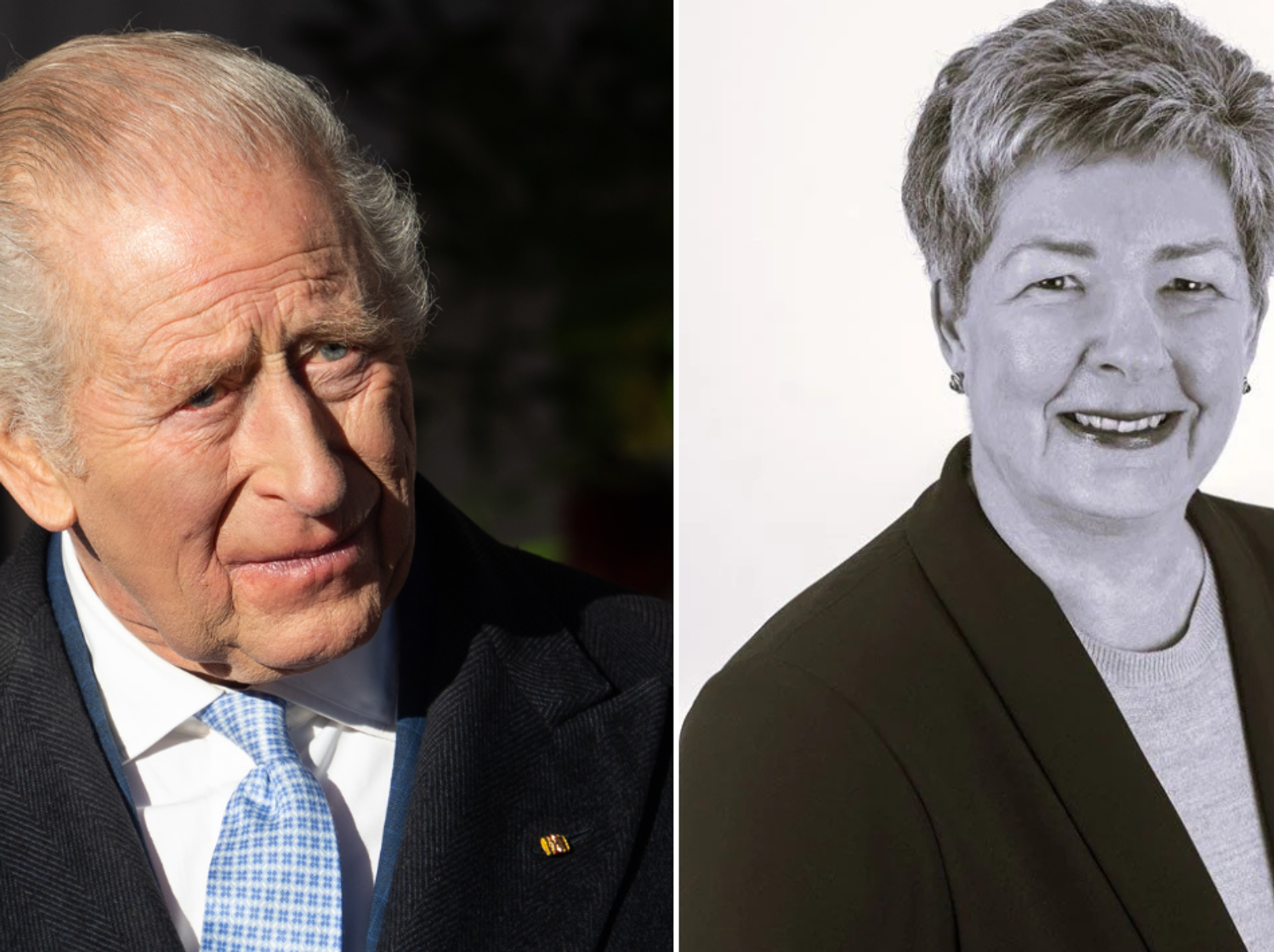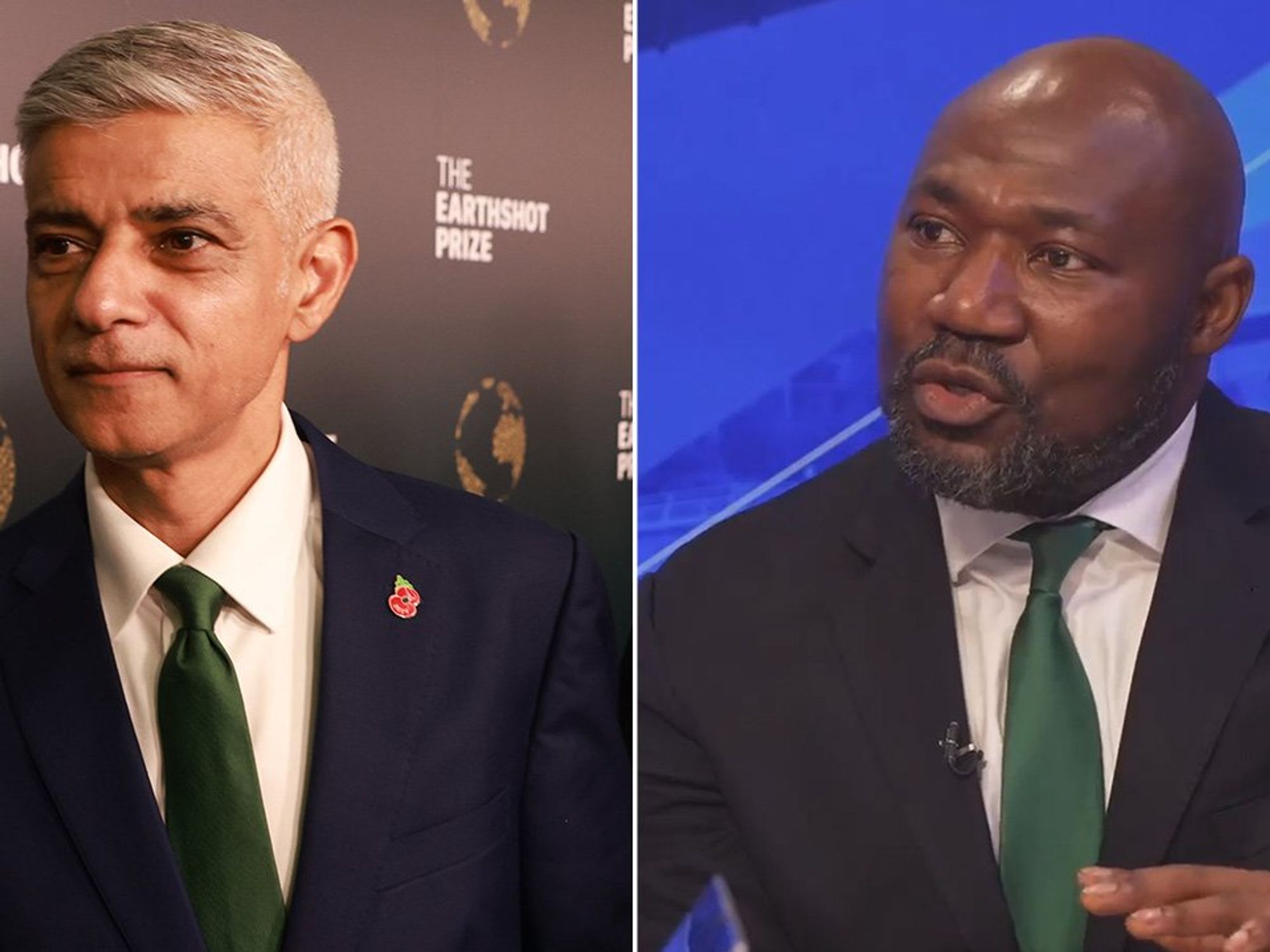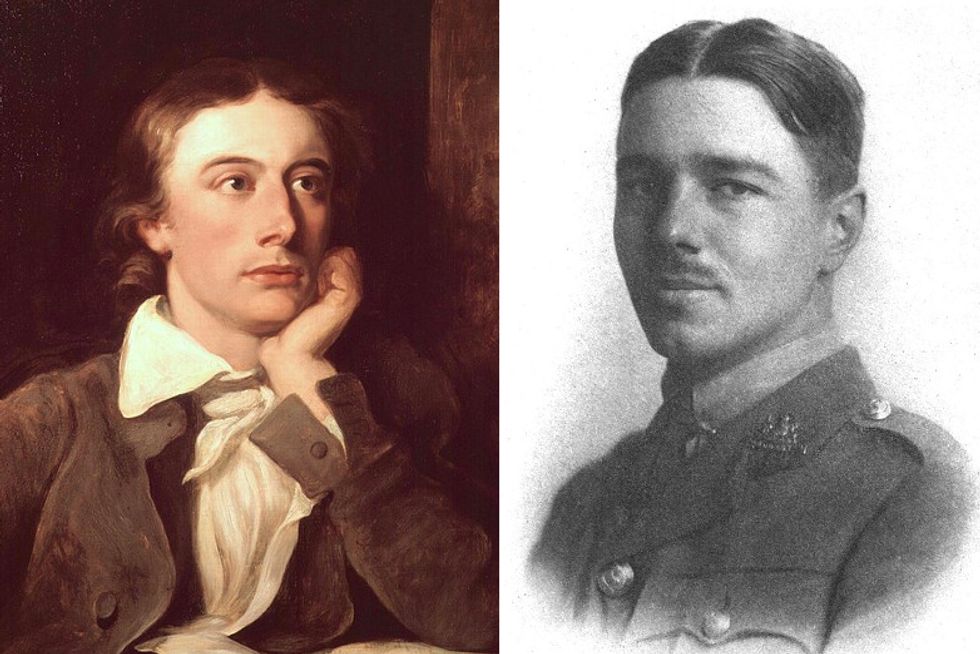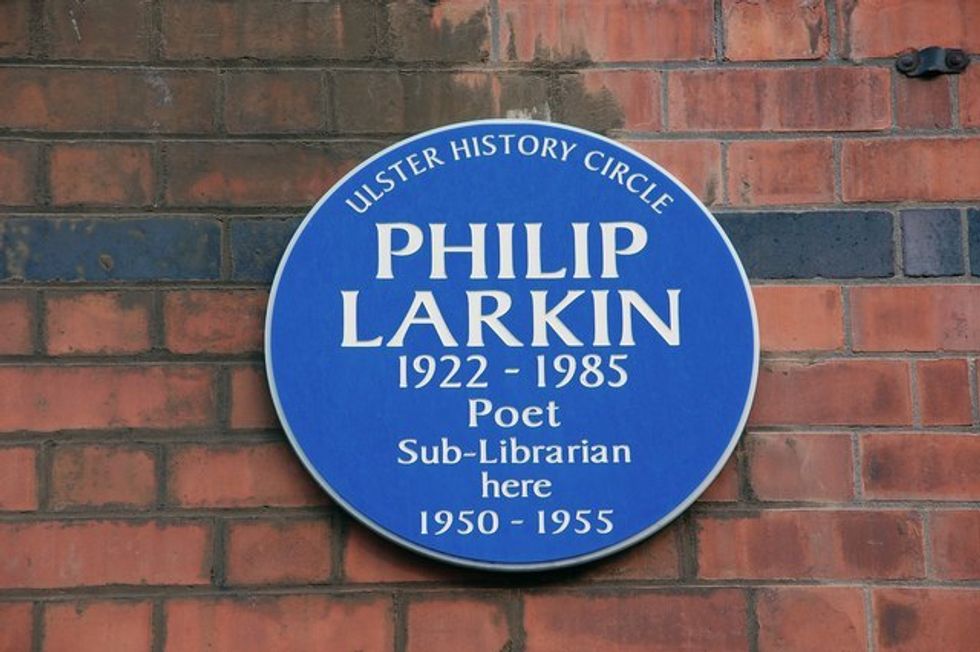Wilfred Owen, Philip Larkin and John Keats axed by GCSE exam board for black, disabled and LGBT poets
Wilfred Owen, Philip Larkin and John Keats have been ditched by a GCSE exam board, to be replaced by a series of black, disabled and LGBT poets
Don't Miss
Thomas Hardy, Seamus Heaney and Siegfried Sassoon's work has also been removed in a drive to introduce "exciting and diverse" voices into the syllabus.
Of the 45 poems used by OCR for last year's GCSE English Literature course, 15 have been replaced.
New entries include 14 by "poets of colour" with "disabled and LGBT voices" also featured.
The "conflict" section of the course was previously dominated by works from World War 1, with Owen's Anthem for Doomed Youth arguably the most famous piece in the collection.
But these have now been scrapped in favour of new pieces including We Lived Happily during the War by Ilya Kaminsky, Colonisation in Reverse by Louise Bennett Coverly and Thirteen by Caleb Femi.
OCR said: "Our anthology for GCSE English Literature students will feature many poets that have never been on a GCSE syllabus before and represent diverse voices, from living poets of British-Somali, British-Guyanese and Ukrainian heritage to one of the first black women in 19th-century America to publish a novel."
Dr Tracy Hayes, of the Thomas Hardy Society, is particularly upset to see poems by Owen removed.
She told The Times: "As a serving soldier who experienced atrocities first-hand, his poems are crucial to the curriculum if students are to achieve any sense of history.
"Owen could also be seen as representing the LGBTQ voice in poetry, writing at a time when his sexuality was still punishable as a criminal offence."
Graham Chesters, who chairs the Philip Larkin Society, added: "I find Larkin's exclusion very disappointing.
"It's a shame that youngsters will no longer be given a single example of Britain's greatest poet from the last century.
"But, as somebody once said, what will survive of Larkin will be his poetry and that will not, thank goodness, depend on the whim of a GCSE exam board."
Poetry by John Keats and Wilfred Owen has been scrapped
Wiki Commons
Philip Larkin is seen by some as the finest British poet of the 20th century
Wiki Commons











